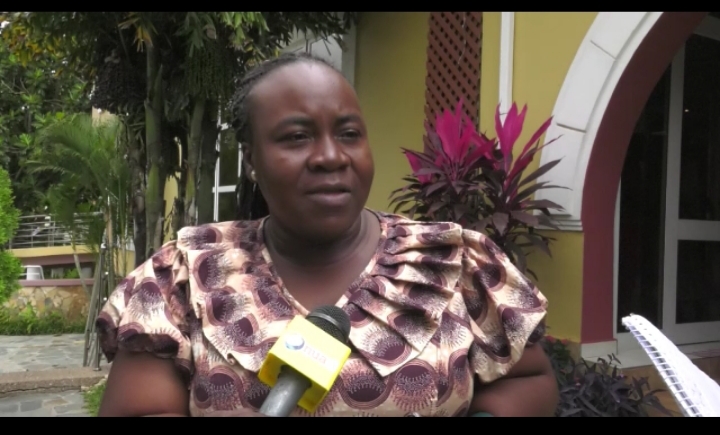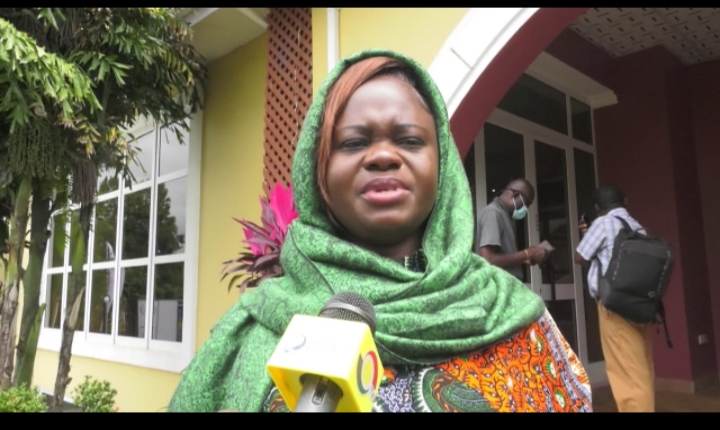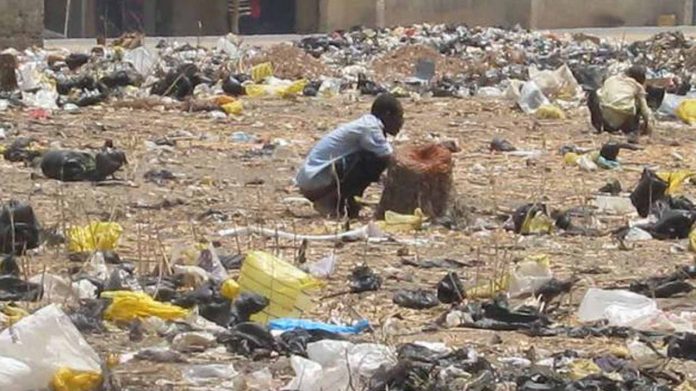Open defecation is a still a challenge in most parts of the Ashanti Region. The Greater Kumasi Metropolitan area made of urban population is unfortunately among the areas with high concentration of open defecation.
The Ashanti Regional Coordinating Council is mapping up efforts to stem the tide through the Greater Kumasi Sanitation and Water Project.
The Sustainable Development Goal 6 has a target of eliminating open defecation and ensure everyone has access to sustainable service by 2030, paying special attention to women, girls and those in vulnerable situations.
In most homes in the Ashanti Region, there are no toilets and residents have to rely on the services of public toilets which are mostly in poor conditions.
Director of Planning at the Ashanti Regional Coordinating Council is Beatrice Kwarteng who says efforts are being made to discourage over reliance on public toilets.

She disclosed open defecation is alarming in most parts of the Greater Kumasi Area.
According to her, ‘the big problem with open defecation is that we say we are in urban centres but open defecation is very alarming within the Greater Kumasi Metropolitan area so if we help for houses in these urban centres to get toilets, open defecation will reduce.”
Most communities that lack toilet facilities in the homes include the Zongos.
Open defecation is a common sight to behold.
Princess Hajia Umaitu Ibrahim, a Muslim Women’s leader says Islam frowns on open defecation. It saddens her Muslim women have to attend public toilets.
“Islamically our women are to cover themselves properly so it saddens me to see a Muslim woman visit a public toilet and expose herself. Our men should try and get toilets in their homes for their wives and children,” she appealed.
The Ministry of Sanitation and Water Resources and the Greater Kumasi Metropolitan area with support from the World Bank is embarking on the own the toilet at home project.
Already some 2,000 toilets have been constructed.
The Ministry is targeting the Zongo communities to own toilets for improved sanitation.
It has held a meeting with Zongo Chiefs, queen mothers and stakeholders to explain the need for the Zongo communities to embrace the project in Kumasi.
Programmes Manager at the Ministry of Sanitation and Water Resources Charlotte Adjei Marfo bemoaned the poor sanitation in some Zongo communities.

She said “if the Zongo communities are not clean, it leads to illnesses and high OPD attendance especially women and children.”
To change the narrative, there was the need to engage the leaders of the various Zongo communities to introduce the own a toilet project to them
“To change the status quo we have to engage the leadership of the zongo communities for them to embrace so that as family heads they would appreciate the need for a toilet facility in their homes and contact their district Assemblies to get one constructed for them,” Mrs Charlotte Agyei Marfo stated.
The World Bank is investing an amount of 275 million dollars into the construction of about 30,000 toilets by 2024.
By Beatrice Spio-Garbrah|AkomaFM|Onuaonline.com








